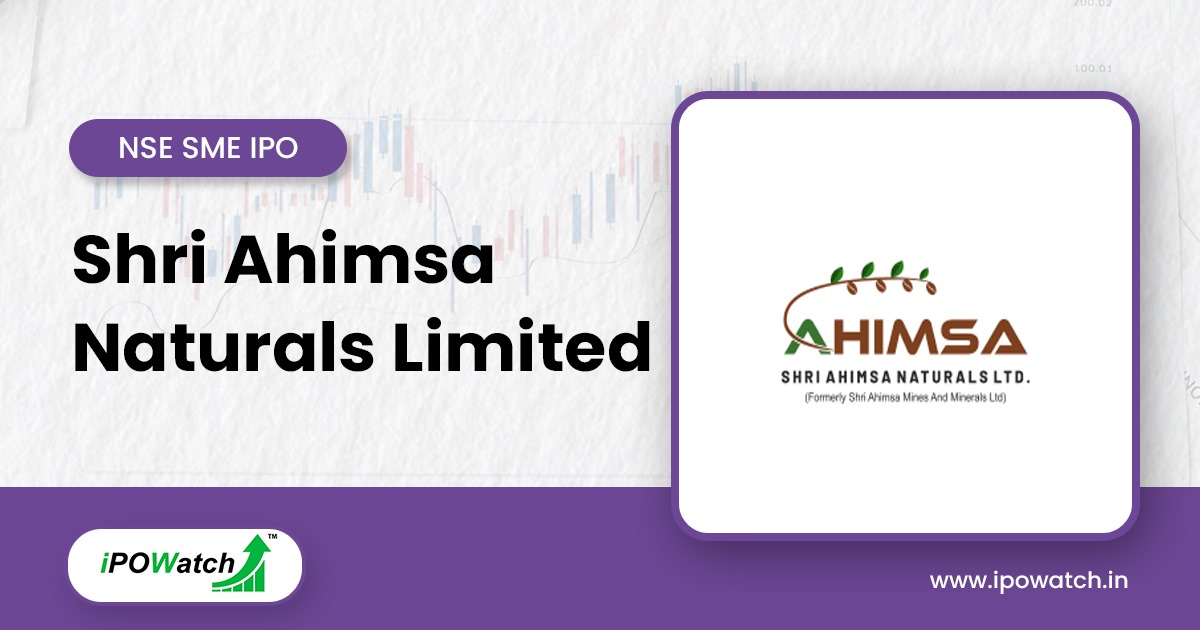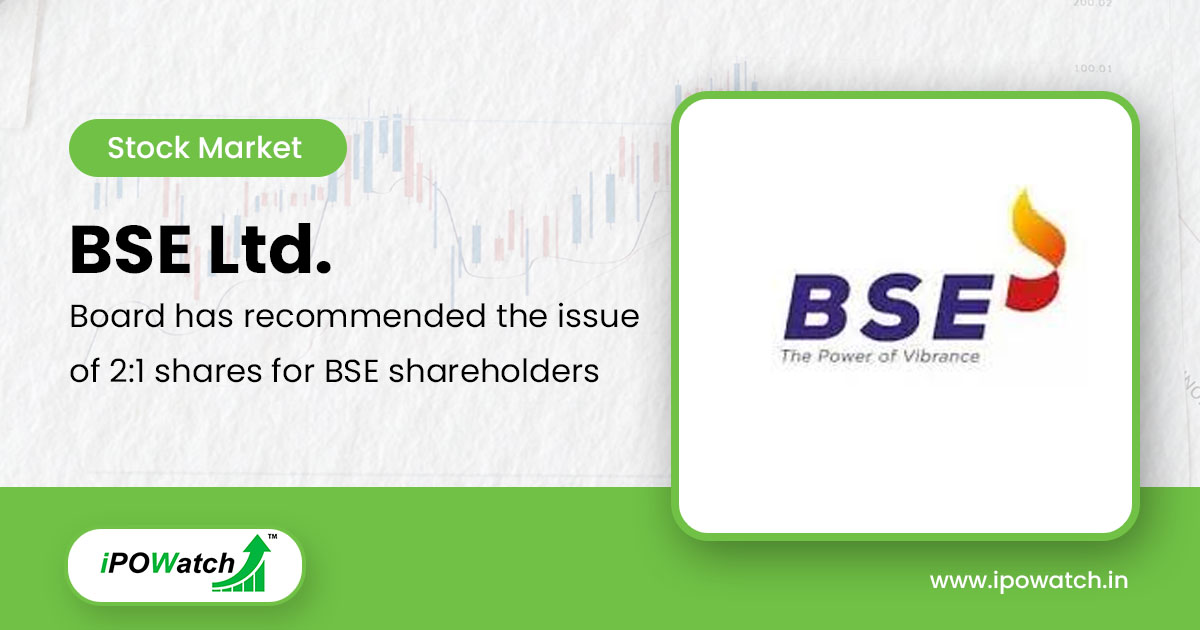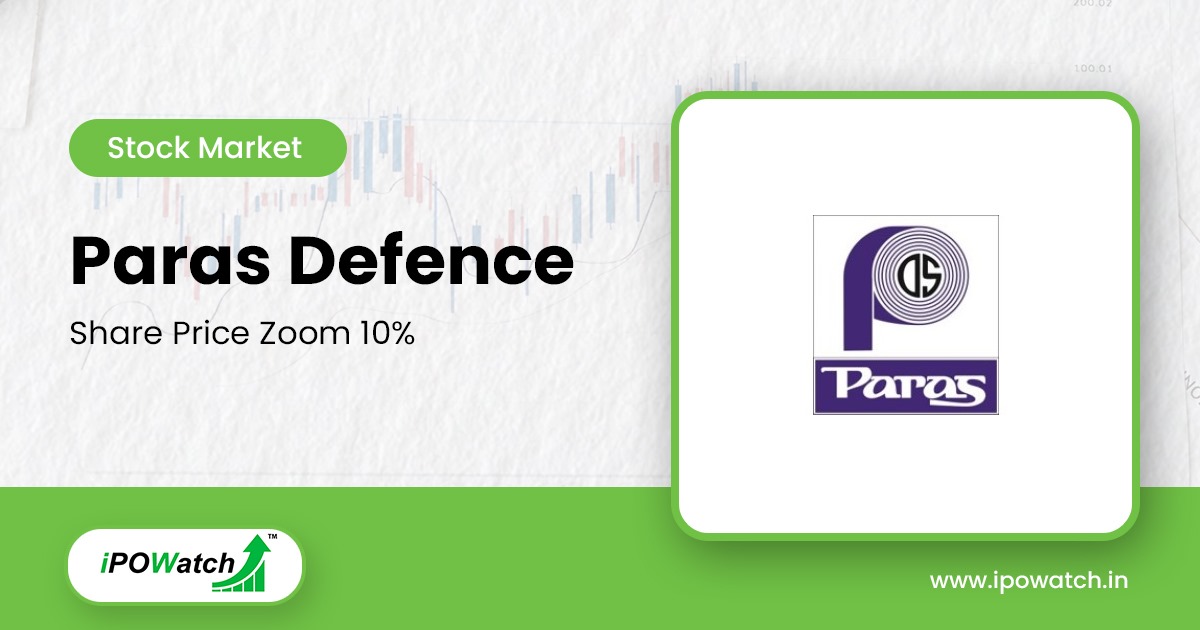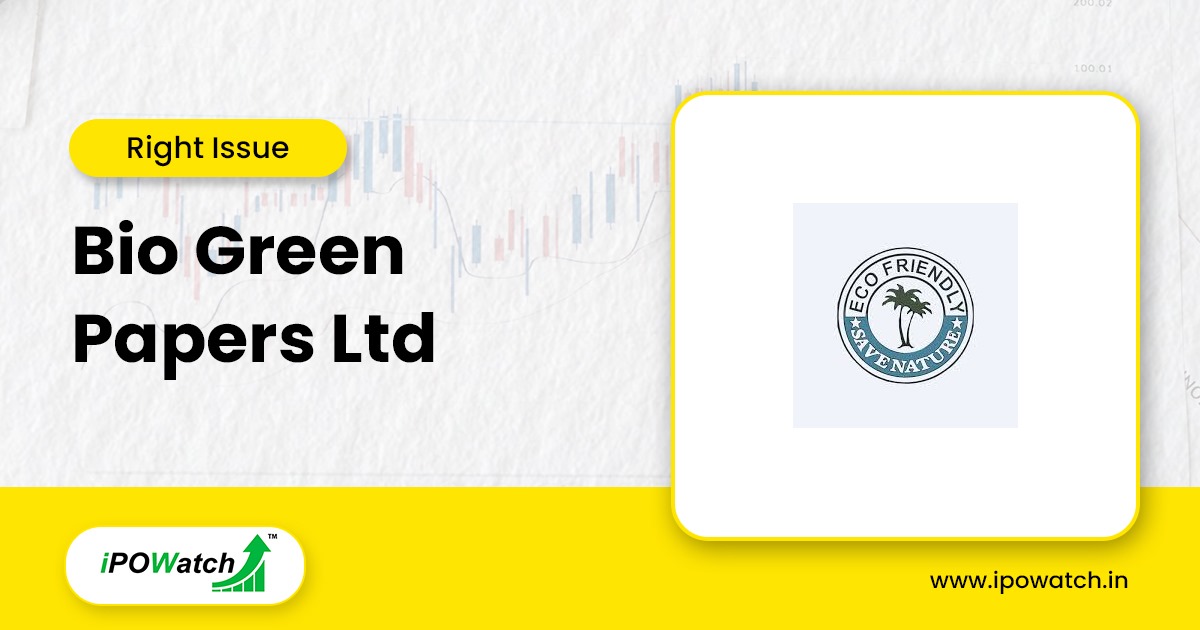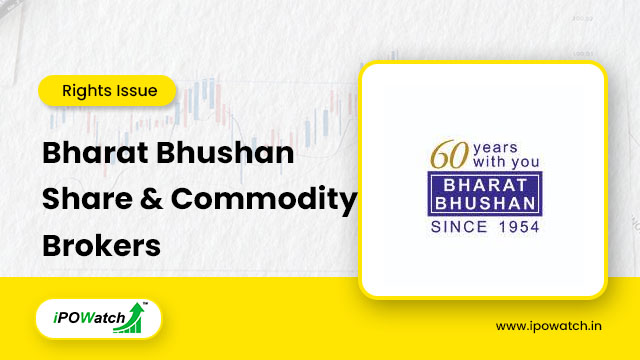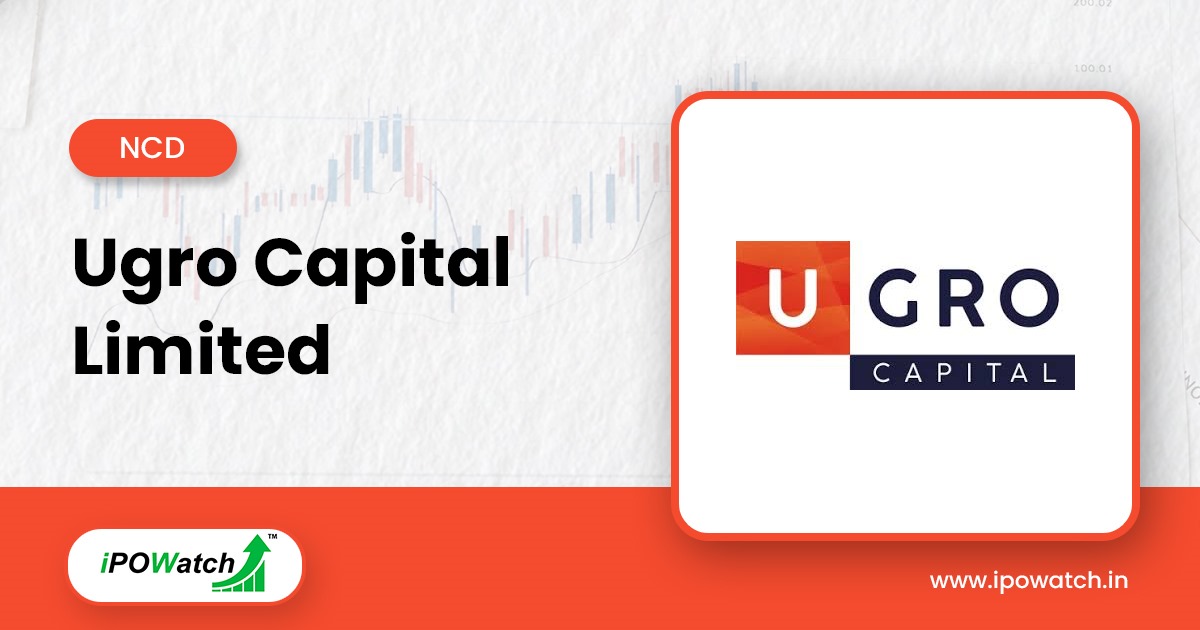| Upcoming IPO 2025 | Open Date | Closing Date | IPO Type | IPO Size | Price Band |
|---|---|---|---|---|---|
| BoAt | TBA | TBA | Mainboard | 2000 Cr. | ₹[.] to ₹[.] |
| ESDS Software | TBA | TBA | Mainboard | 600 Cr. | ₹[.] to ₹[.] |
| Advance Agrolife | TBA | TBA | Mainboard | - Cr. | ₹[.] to ₹[.] |
| Prozeal Green Energy | TBA | TBA | Mainboard | 700 Cr. | ₹[.] to ₹[.] |
| Swastika Infra | TBA | TBA | Mainboard | - Cr. | ₹[.] to ₹[.] |
| Om Freight Forwarders | TBA | TBA | Mainboard | - Cr. | ₹[.] to ₹[.] |
| Prostarm Info Systems | TBA | TBA | Mainboard | - Cr. | ₹[.] to ₹[.] |
| Vikram Solar | TBA | TBA | Mainboard | - Cr. | ₹[.] to ₹[.] |
| JSW Cement | TBA | TBA | Mainboard | ₹4000 Cr. | ₹[.] to ₹[.] |
| Ather Energy | TBA | TBA | Mainboard | - Cr. | ₹[.] to ₹[.] |
| Dar Credit | TBA | TBA | SME | - Cr. | ₹[.] to ₹[.] |
| NSDL | TBA | TBA | Mainboard | - Cr. | ₹[.] to ₹[.] |
| Arisinfra Solutions | TBA | TBA | Mainboard | - Cr. | ₹[.] to ₹[.] |
| Aten Papers | TBA | TBA | SME | ₹31.68 Cr. | ₹91 to ₹96 |
| Spinaroo Commercial | 28 March | 3 April | SME | ₹10.17 Cr. | ₹51 |
| Infonative Solutions | 28 March | 3 April | SME | ₹24.71 Cr. | ₹75 to ₹79 |
| Retaggio Industries | 27 March | 2 April | SME | ₹15.50 Cr. | ₹25 |
| Identixweb | 26 March | 28 March | SME | ₹16.63 Cr. | ₹51 to ₹54 |
| ATC Energies | 25 March | 27 March | SME | ₹63.76 Cr. | ₹112 to ₹118 |
| Shri Ahimsa Naturals | 25 March | 27 March | SME | ₹73.81 Cr. | ₹113 to ₹119 |
| Desco Infratech | 24 March | 26 March | SME | ₹30.75 Cr. | ₹147 to ₹150 |
| Active Infrastructures | 21 March | 25 March | SME | ₹77.83 Cr. | ₹178 to ₹181 |
| Rapid Fleet | 21 March | 25 March | SME | ₹43.87 Cr. | ₹183 to ₹192 |
| Grand Continent Hotels | 20 March | 24 March | SME | ₹74.46 Cr. | ₹107 to ₹113 |
| Divine Hira Jewellers | 17 March | 19 March | SME | ₹31.84 Cr. | ₹90 |
| Paradeep Parivahan | 17 March | 19 March | SME | ₹44.86 Cr. | ₹93 to ₹98 |
| Super Iron Foundry | 11 March | 13 March | SME | ₹68.05 Cr. | ₹108 |
| PDP Shipping | 10 March | 12 March | SME | ₹12.65 Cr. | ₹135 |
| NAPS Global | 4 March | 6 March | SME | ₹11.88 Cr. | ₹90 |
| Balaji Phosphates | 28 Feb | 4 March | SME | 50.11 Cr. | ₹66 to ₹70 |
| Shreenath Paper | 25 Feb | 28 Feb | SME | ₹23.36 Cr. | ₹44 |
| Nukleus Office Solutions | 24 Feb | 27 Feb | SME | ₹31.70 Cr. | ₹234 |
| Beezaasan Explotech | 21 Feb | 25 Feb | SME | ₹59.93 Cr. | ₹165 to ₹175 |
IPO GMP - Grey Market Premium

Infonative Solutions IPO GMP, Grey Market Premium Today

Spinaroo Commercial IPO GMP, Grey Market Premium Today
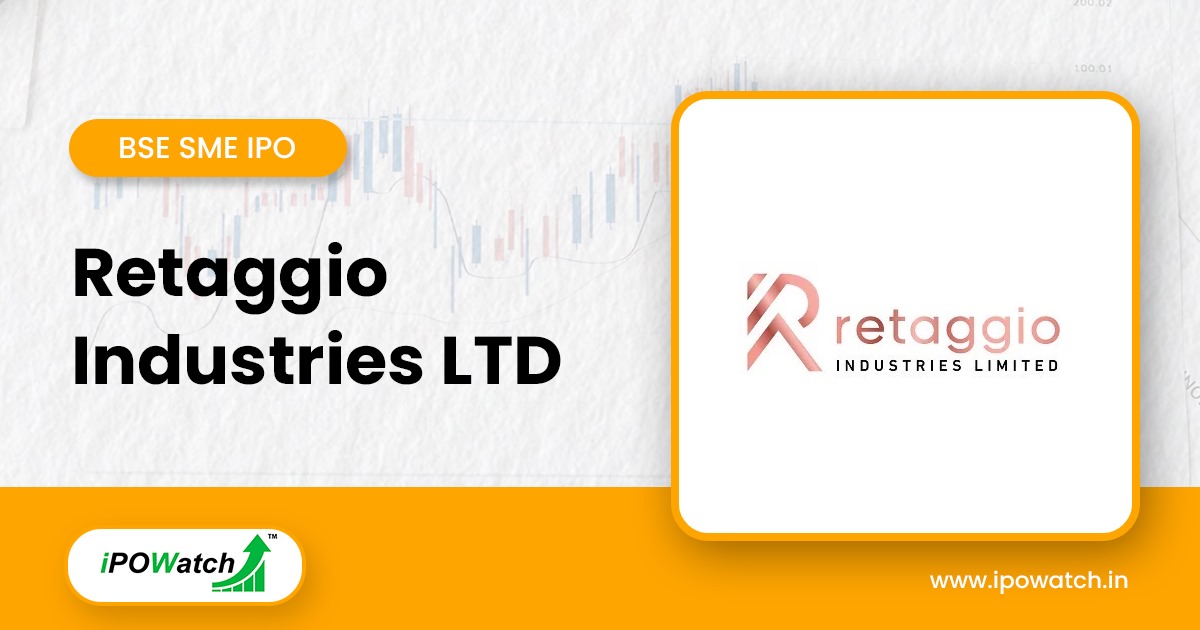
Retaggio Industries IPO GMP, Grey Market Premium Today

Identixweb IPO GMP, Grey Market Premium Today
Upcoming Mainboard IPOs
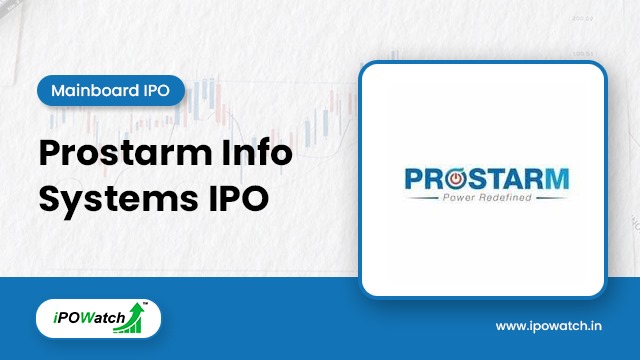

Vikram Solar IPO Date, Review, Price, Allotment Details

JSW Cement IPO Date, Review, Price, Allotment Details
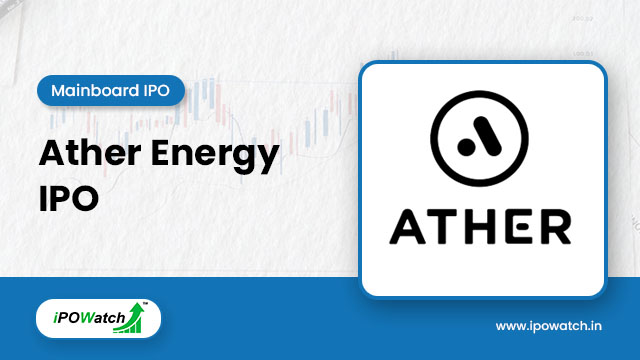
Ather Energy IPO Date, Review, Price, Allotment Details
Upcoming SME IPOs

Dar Credit IPO Date, Review, Price, Allotment Details
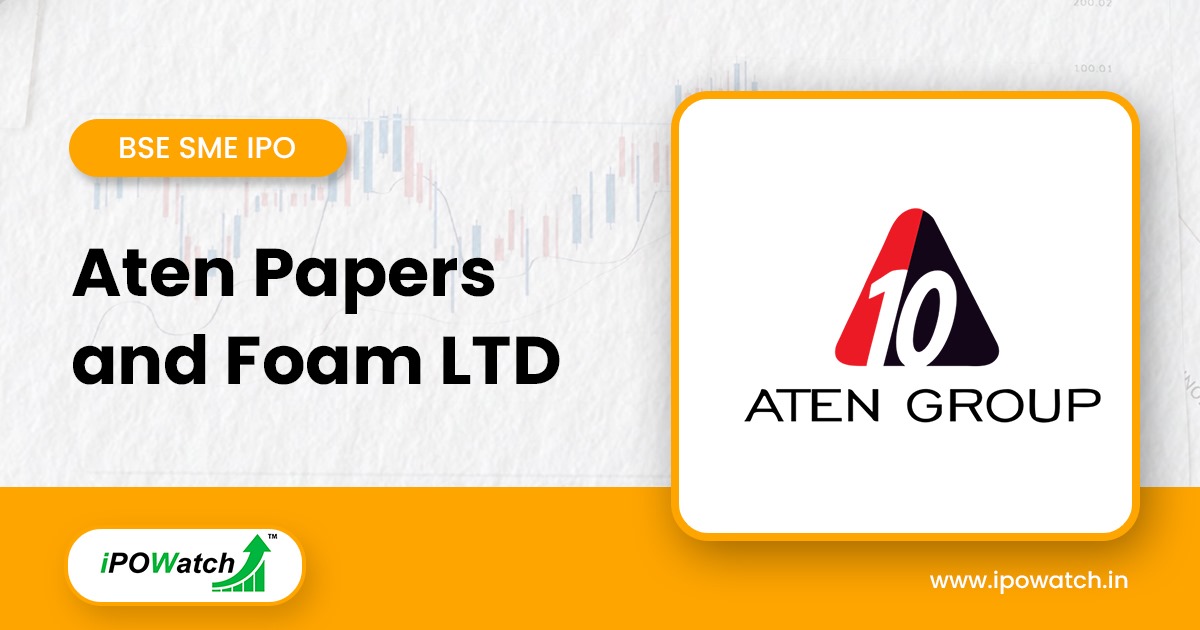
Aten Papers IPO Date, Review, Price, Allotment Details


IPO Subscription Status

Spinaroo Commercial IPO Subscription Status – IPO Closed


Retaggio Industries IPO Subscription Status – IPO Closed

Identixweb IPO Subscription Status – IPO Closed
IPO News

Infonative Solutions IPO GMP, Grey Market Premium Today

Spinaroo Commercial IPO GMP, Grey Market Premium Today

Retaggio Industries IPO GMP, Grey Market Premium Today

Share Buyback
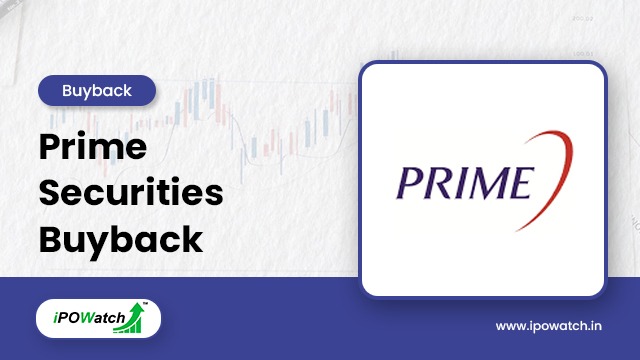
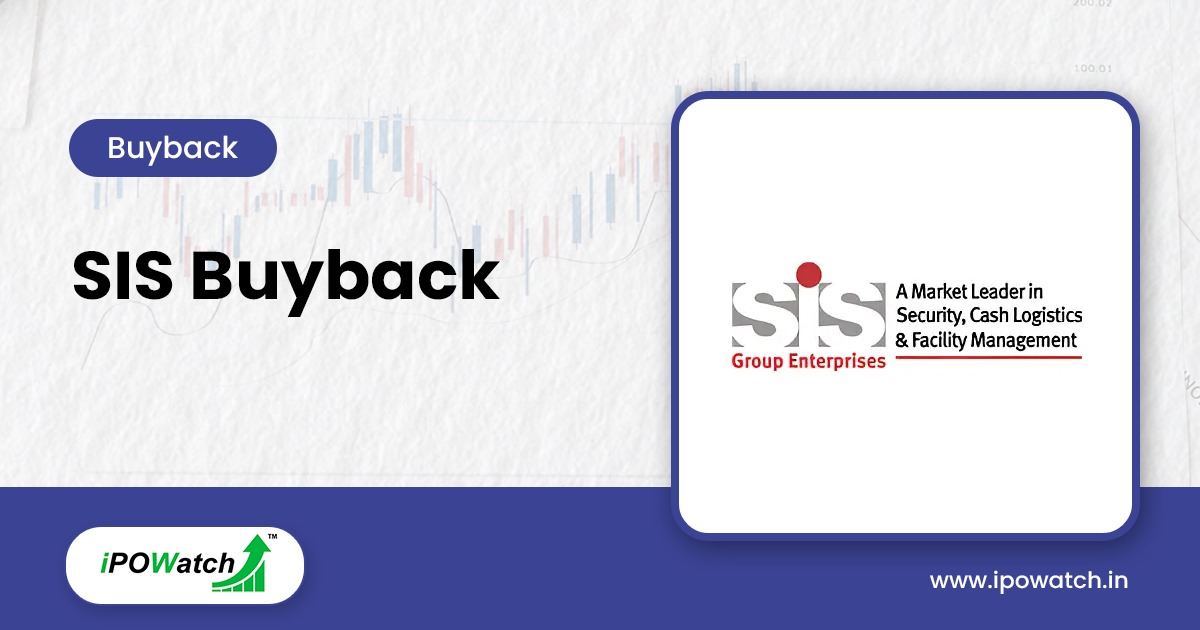
SIS Buyback 2025 Record Date, Price & Ratio Details

Nava Buyback 2025 Record Date, Price & Ratio Details

Jai Corp Buyback 2024 Record Date, Price & Ratio Details
NCD Issue
About IPO Watch
The IPO Watch team is an enthusiastic team with extraordinary knowledge of the IPO industry and stock market. The team is doing their research, and based on it, they are publishing articles on IPOWatch.in. We as a team try to give detailed information on upcoming IPOs, grey market premiums, and financial details of the companies based on the DRHP and RHP.
Based on the company’s financial reports and the demand graph in the market, we give our recommendations through IPO reviews. We are raising a voice to provide detailed information about the IPO that helps our visitors decide whether to subscribe to the IPO. We are giving timely details about IPO subscriptions with day-to-day numbers along with IPO allotment dates and details. The details given by us are approximate, and it depends on one’s decision to subscribe to the IPO or not.

